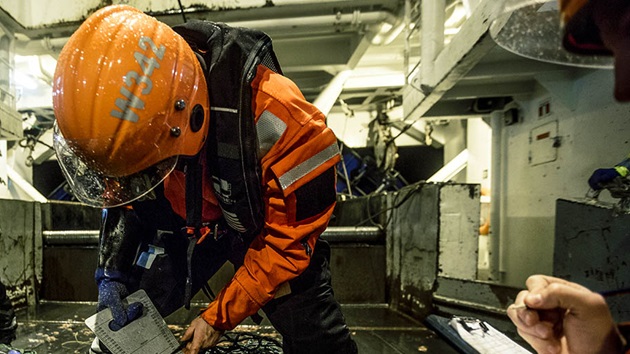25 June 2024
- Technical amendments to be issued in July 2024 to make the Standard more practical for any fisheries seeking to move towards it now.
- Holistic review to be conducted, with independent experts, with any planned changes to the level of required performance to be publicly consulted and extensively tested before full implementation.
- Most currently certified fisheries can continue to use Version 2.01 of the Standard until November 2030, allowing extensive time for preparation.
The Marine Stewardship Council is addressing the challenges that have arisen and been identified from the practical application of Version 3 of the Standard.
Although the Version 3 of the Fisheries Standard was the result of a four-year intensive process of consultation and policy development, with important progress in several environmental areas, significant challenges have arisen in its implementation. Concerns include the ability of fisheries to meet the prescribed data and information requirements, and that management agencies might not have all the required data sets to satisfy the requirements of the new Evidence Requirements Framework.
As an interim measure, an amended Standard will be issued in July 2024, following the approval of the MSC Board of Trustees at its meeting on June 20th. The amendments are not expected to change the level of performance expected of fisheries, but will address technical issues and inconsistencies identified between guidance and requirements. They will also help remove unnecessary added cost and complexity. This is phase one, as announced in January 2024, of a more comprehensive workplan.
The next phase, starting in July, is a wider, more holistic review. This will include the previously announced independent evaluation of the Evidence Requirements Framework, and a review of the Risk-Based Framework, which is used to support fisheries with limited data, to ensure they work as intended. There will also be an external evaluation of the process which led to Version 3, with recommendations for simplifying both the structure of the Standard and the Standard setting process going forward, as well as identifying and addressing any further problems.
Following this holistic review, there will be a public consultation on any proposals which relate to changes in the level of performance required of fisheries. Any further changes will comprehensively be tested before they are mandated for use in assessments.
Chief Executive of the MSC, Rupert Howes, said: "It is clear that V3 as released has proven problematic and challenging to apply. This is deeply regrettable. Our independent assessors must be able to apply the Standard with confidence and our requirements must be unambiguous for our stakeholders and practical for our fishery partners. We have a comprehensive workplan which will enable us to ensure MSC’s Fisheries Standard is effective and delivers its intent."
The new Chair of the Board of Trustees, Giles Bolton said: "The MSC plays a vital role in improving environmental outcomes and enabling a growing proportion of global fisheries to track and demonstrate their commitment to sustainability. The Board is clear that we must have a Standard which is fully tested and delivers on its intent to drive progress in our oceans, whilst still being practical to apply on the water.”
Although fisheries can continue to choose to be assessed against the updated Standard, timelines have been extended for all fisheries to enable the necessary changes to be made and thoroughly tested. Most new entrants will be able to use the current Version 2.01 until July 2026, and existing fisheries have until November 2030 to adopt the updated version. While it is our expectation that the work will be completed within this timeframe, the deadlines may be further extended, dependent on review outcomes and any modifications needed.
The exception to the timeline extension is fisheries applying Section SE focused on harvest control rules, which must apply Version 3.1 at their next assessment. We will continue to monitor carefully the implementation of the updated Standard to ensure it achieves the outcomes intended.
Underpinning all this work, is our fundamental focus on achieving our mission of ending overfishing, by recognising and rewarding sustainable fishing practices through our ecolabel and fishery certification program.

